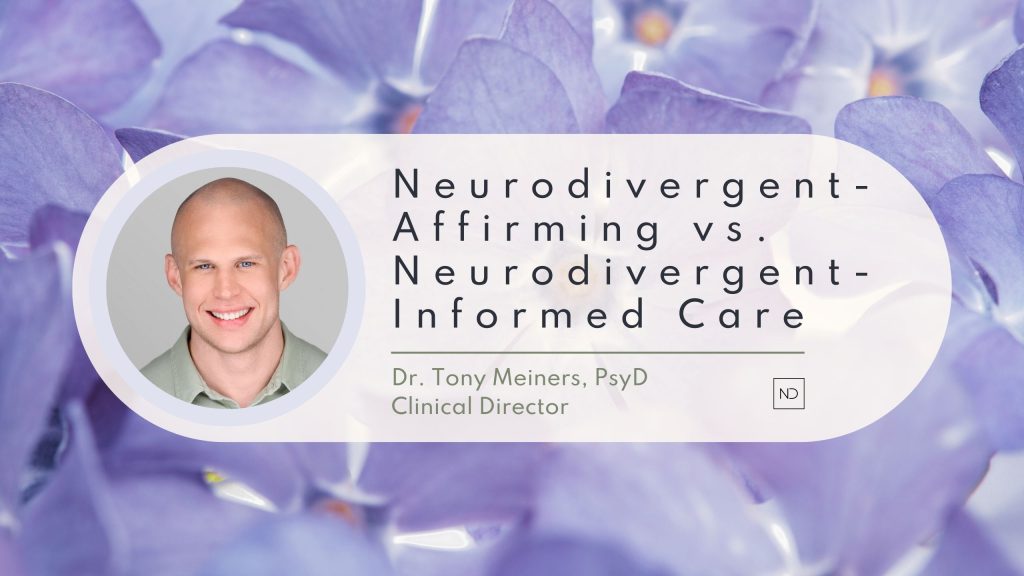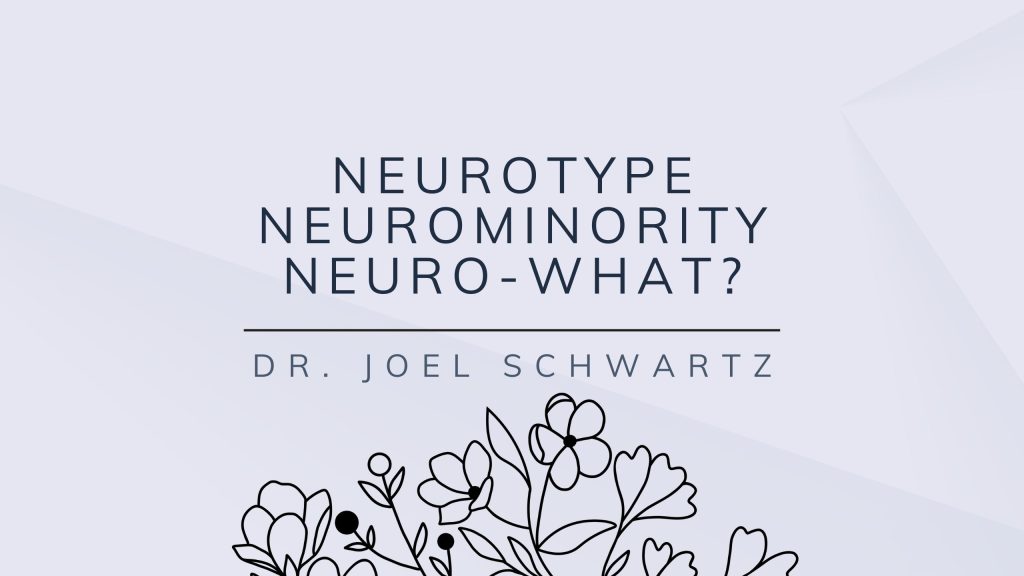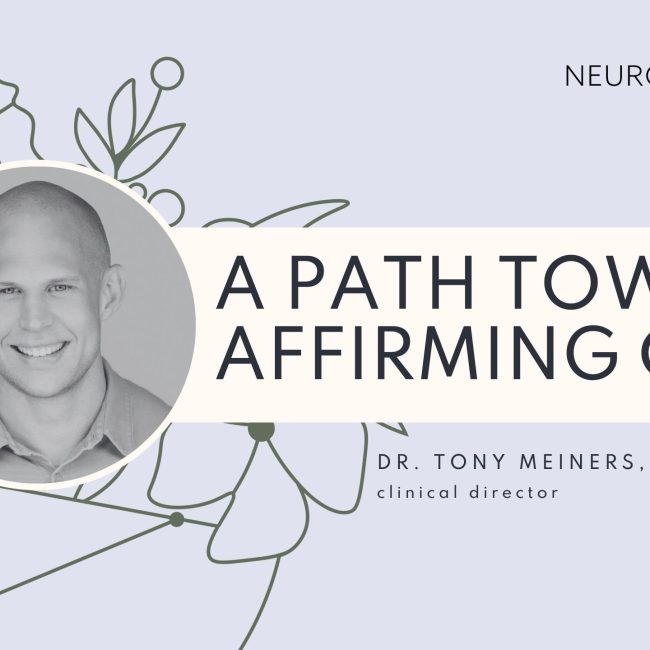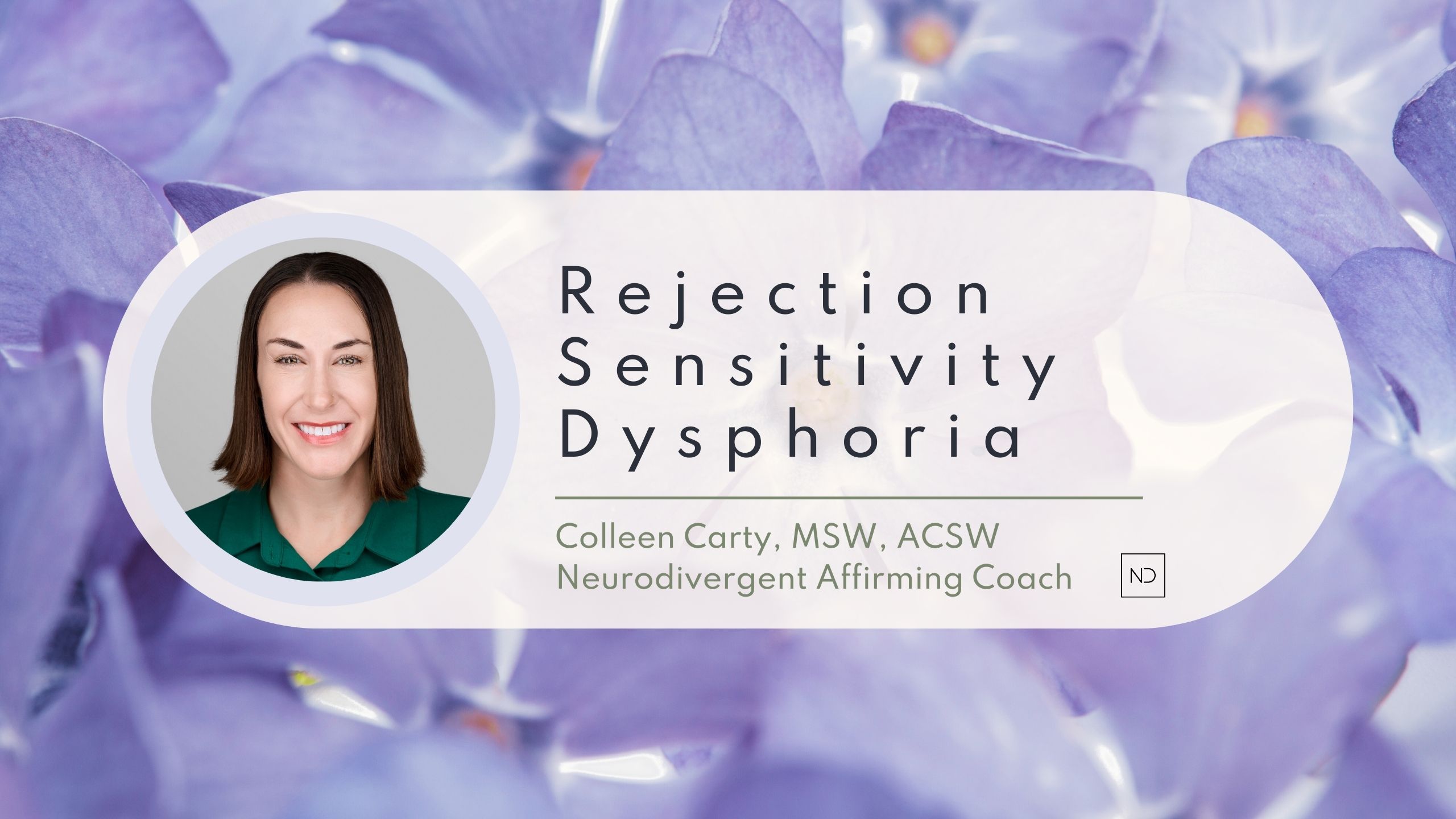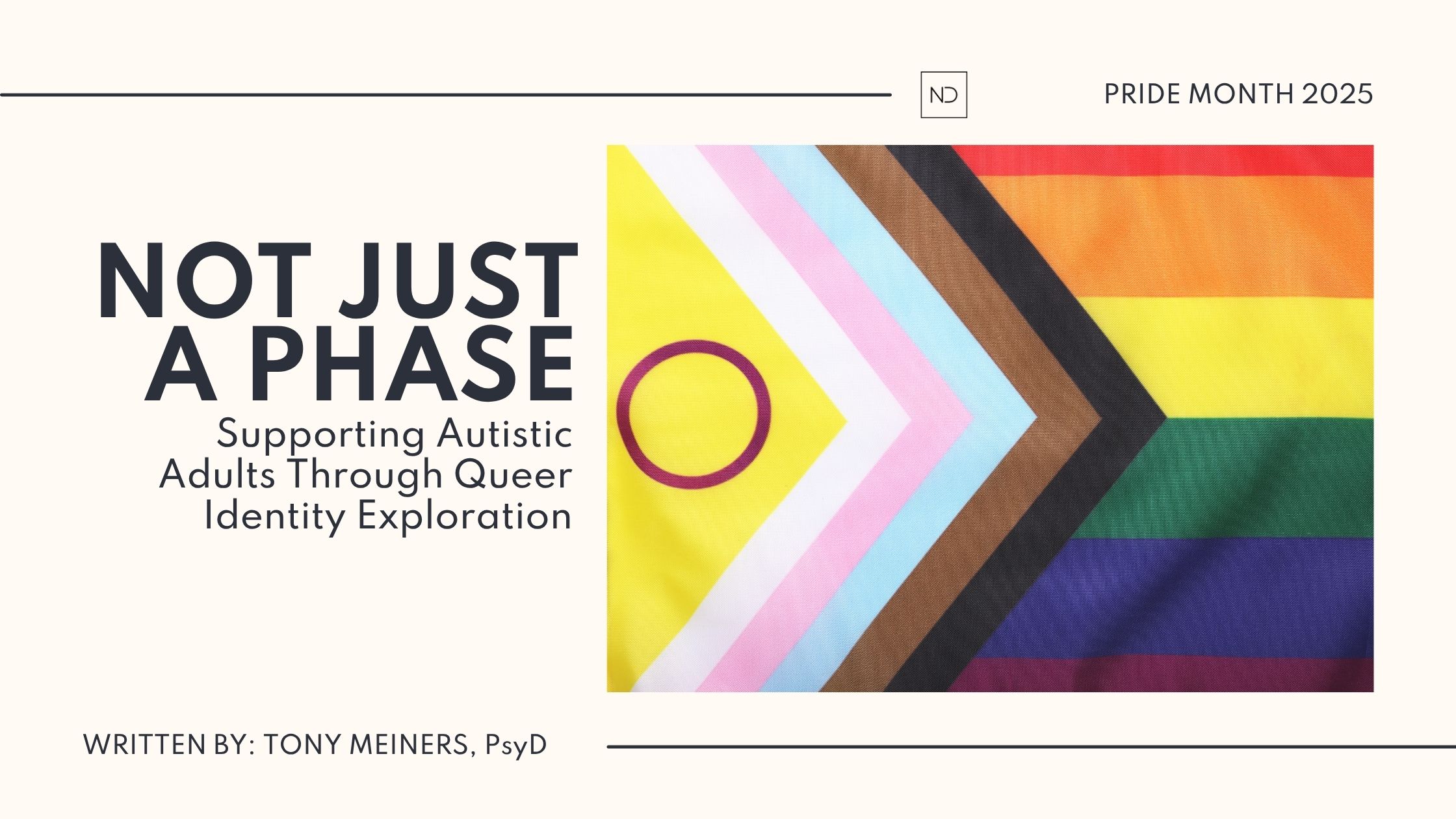
NOT JUST A PHASE
SUPPORTING AUTISTIC ADULTS THROUG QUEER IDENTITY EXPLORATION
Written by: Dr. Tony Meiners, PsyD :: Clinical Director of The Neurodivergent Collective
For many autistic adults, the process of understanding and embracing their gender or sexual identity unfolds differently than it might for neurotypical individuals. At The Neurodivergent Collective, we often work with clients who begin exploring their queer identities later in life. This is not because they’re uncertain or confused, but because they’ve spent years masking, navigating systems that invalidated their internal experiences, or lacking access to language and safety. The truth is, queer identity exploration among autistic adults is not a phase or a misunderstanding. It is often a profound and necessary act of reclaiming one’s self.
ABLEIST + CISNORMATIVE ASSUMTIONS
Unfortunately, the myth that autistic people are “too confused,” “too literal,” or “too socially unaware” to understand their gender or sexuality still persists in many clinical and social settings. This stereotype is rooted in ableist and cisnormative assumptions about what self-awareness, emotional insight, and identity development are supposed to look like. Autistic people may reflect differently, communicate differently, or move through identity formation on a different timeline—but these differences do not invalidate the authenticity of their identities. In fact, research shows that autistic people are more likely than neurotypical individuals to identify as LGBTQIA+, and yet they face significantly more skepticism when they do.
TRAUMA-INFORMED IDENTITY DEVELOPMENT
The reality is that many autistic adults grew up in environments where survival required compliance. They were taught to suppress their sensory needs, emotional expression, and often their identity in order to avoid punishment, exclusion, or ridicule. When they finally reach a point in adulthood where they can begin to explore who they really are—often in therapy—it may look nonlinear, tentative, or evolving. But this isn’t a sign of indecision or confusion. It is what authentic, trauma-informed identity development looks like when someone is finally given space to breathe.
AFFIRMING CARE FOR EXPLORATION
Therapists and care providers must recognize that neurodivergent people may not express identity in conventional or expected ways. Some may use scripting, objects, or metaphor. Others may describe identity as fluid, multifaceted, or outside traditional labels entirely. Our role is not to evaluate or interpret these expressions through a neurotypical lens, but to support and affirm them. Too often, clinical spaces expect queer autistic clients to “prove” their identities with consistency or linear expression, when in fact, exploration is a vital and valid part of the process. Affirming care means meeting clients where they are—without asking them to justify who they are.
At The Neurodivergent Collective, we view therapy as a space for discovery, not correction. Our work with queer autistic adults centers safety, autonomy, and meaning-making. We support clients in unmasking, building preferred identities, processing internalized narratives, and learning to exist more fully in their truth. Queer identity isn’t something autistic people stumble into by mistake—it’s something they have often known deep down, but were never given permission to express. Affirming care means giving them that permission, without condition.
Queer autistic adults deserve the same freedom to explore and define themselves as anyone else. When we stop pathologizing their process, we begin to create a world where that exploration is not only possible—but celebrated.
Do you have a question?
Send us a message


